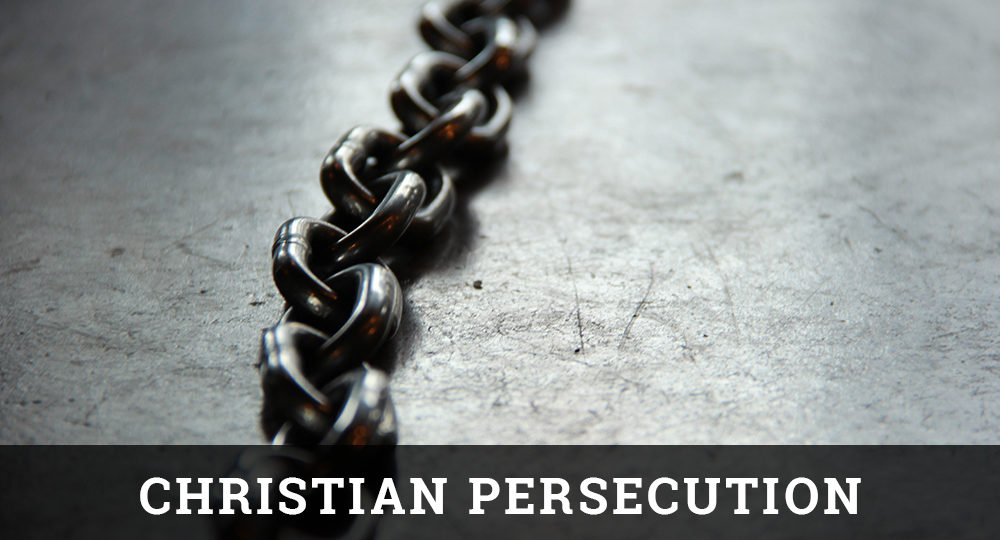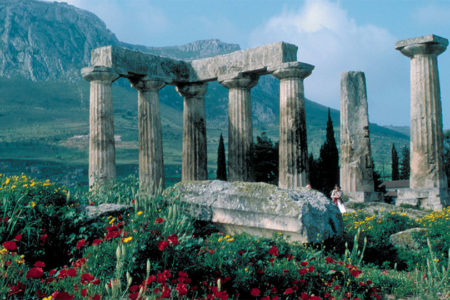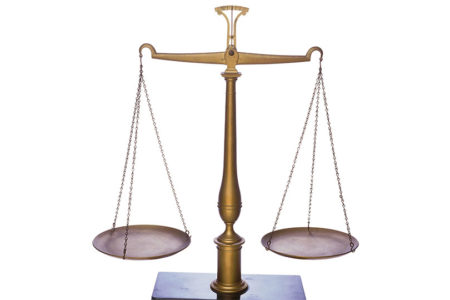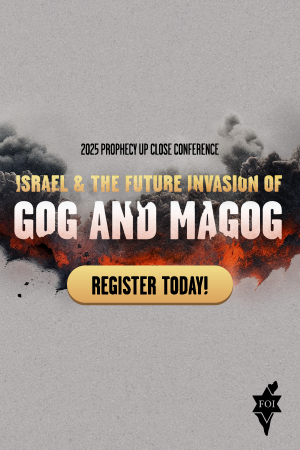They Cry in Silence Jul/Aug 2001
The supreme leader of Afghanistan’s ruling Taliban movement warned on Monday that any Afghan converting to Christianity or promoting other religions will be executed. . . . Therefore, all countrymen are seriously notified that any Muslim Afghan will be sentenced to death if he accepts Christianity and has converted to this nullified religion or is seen inviting people to Christianity and Judaism as well as propagating and distributing their books.
The above was reported by both Reuters and the Associated Press on January 8, 2000. This may seem like a strange decree in this new millennium; but it is quickly becoming the order of the day, especially in radical, Muslim-dominated areas. Yet whenever this fact is pointed out, the Muslim community and Western liberal apologists quickly counter by claiming that Islam is a loving, tolerant religion. In many ways, that may be true. But if it is, you must wonder, Why the silence? Why are responsible people in the Muslim world and Western society failing to join forces to stop the slaughter of innocent Christians?
Sometime after this execution edict was announced, an event took place in Afghanistan that speaks volumes. The same Taliban government that issued the edict to execute converts to Christianity and Judaism declared that Buddhist statues, some hundreds of years old, were an offense to Islam. Consequently, they would be destroyed. Protests poured in from all over the world, calling for the valuable artifacts to be saved. They were not, however; and the world press dutifully ran film clips of the explosions that signaled their demise.
Meanwhile, hardly a word was reported on the Taliban order to execute Christians! Evidently, inanimate, stone idols carry a higher value than Christians who are living in the shadow of certain death. It is a chilling sign of the times.
Shortly before I wrote this piece, the Maronite Patriarch of Lebanon came to the United States to plead for help for Christians who are suffering in that country. The Washington Post reported on March 9, 2001, that he sought meetings with top U.S. officials. He was refused a hearing. The American Embassy in Beirut and other advisors in Washington reportedly were “nervous about alienating Syria and its Lebanese allies.”
The source of their “nervousness” centered on the requests brought by the religious leader. He was here to ask the United States to protest and bring to public attention the kidnapping and murders of Christians in Lebanon. Obviously, the United States is concerned about maintaining cordial relationships with other nations. And well it should be. But doesn’t the slaughter of innocent Christians count for anything? Aren’t their lives worth serious discussion? Given the silence of the Western media and the political establishments, apparently not.
We already have witnessed the appalling murder of the Nuba Christians in the South of Sudan by the National Islamic Front government in Khartoum. Islamic Sudanese leaders attempt to pass off that tragedy as an internal civil war. The facts, however, speak for themselves:
To eradicate the Christian and non-Muslim population, the Sudanese government and its agents have bombed, burned and looted southern villages; enslaved women and children; kidnapped and forcibly converted Christians and other boys and sent them into battle; relocated entire villages into concentration camps called “peace villages”; and withheld food aid to starving Christian and animist communities until they converted to Islam.
Individual Christians, including clergy, have been assassinated, imprisoned, tortured, and flogged for their faith. There have been numerous reports of Christians being crucified in remote areas.1
The question we will ask in this space and with each issue is, Why do evangelical Christians in the West seem so indifferent to the horrors and persecution being borne by our brethren in other parts of the world? Ironically, some of our Jewish friends are sounding the warning bell, trying to alert us to what might, indeed, be in store for those of us who have enjoyed so much in this age of unparalleled affluence. In his introduction to Paul
Marshall’s book Their Blood Cries Out (Word Publishing), journalist Michael Horowitz wrote,
The mounting persecution of Christians eerily parallels the persecution of Jews, my people, during Europe’s history. Today, minority Christian communities have become chosen scapegoats in radical Islamic and remnant Communist regimes, where they are demonized and caricatured through populist campaigns of hate and terror. The silence and indifference of Western elites to the beatings, looting, torture, jailing, enslavement, murder, and even crucifixion of increasingly vulnerable Christian communities further engages my every bone and instinct as a Jew. The ignorance and silence displayed by Western Christian communities toward the suffering of fellow believers completes the litany of parallels to earlier, sordid chapters of world history.2
The question is, What will history say about us?







